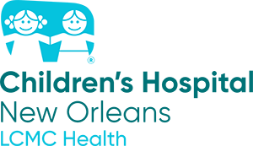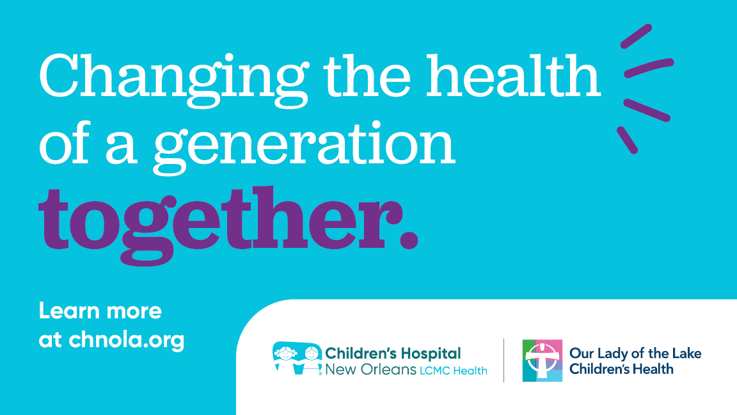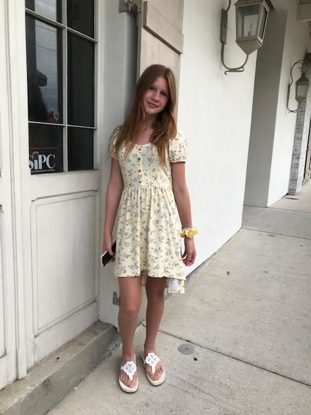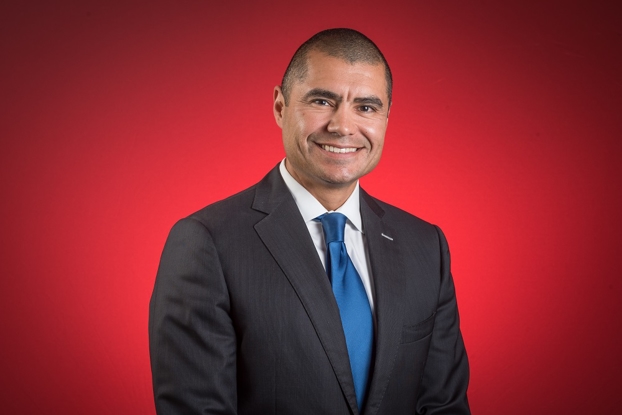Raising Autism Awareness
- Category: Living Well
- Posted on:
- Written By: Koren Boggs, PhD

April is Autism Awareness Month
This month, people around the world are focusing on increasing awareness and understanding of Autism Spectrum Disorder (ASD), a brain-based developmental disorder. ASD is the diagnosis that includes what used to be called Autistic Disorder, Asperger’s Disorder or Asperger Syndrome, and Pervasive Developmental Disorder.
Rather than having several different diagnoses, we now use one diagnosis to better describe what makes up ASD. Characteristics of ASD include difficulty with social communication and specific interests, repetitive behaviors, and sensory differences. From the first use of the term “autism” in the 1940’s to the current understanding of autism as a spectrum, we’ve learned so much about the identification and treatment of ASD. Current estimates indicate that about 1 in 54 children have ASD. Boys are about 4 times more likely to have ASD than girls.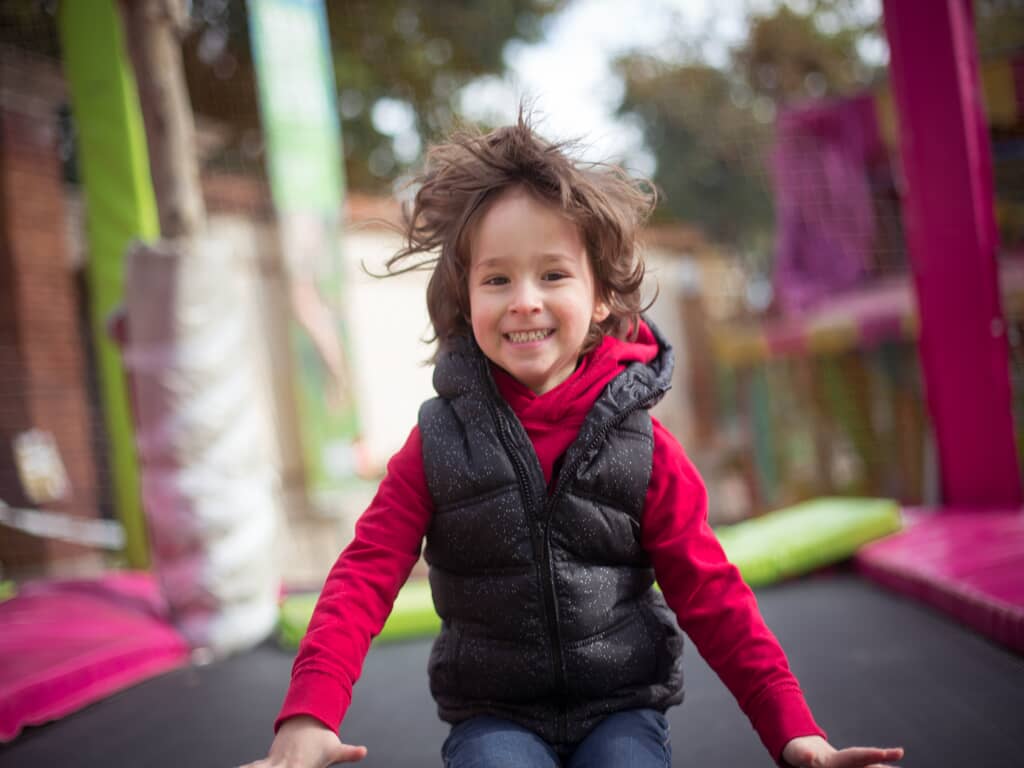
Early Identification is Critical!
We know that early identification and early intervention are critical! ASD can be detected as early as 18 months, and a reliable diagnosis can be made as young as 2 years of age. Some signs of ASD can be apparent even earlier. Important early signs to look for include (from the National Autism Center):
- No social smiling by 6 months
- No one-word communications by 16 months
- No two-word phrases by 24 months
- No babbling, pointing, or meaningful gestures by 12 months
- Poor eye contact
- Not showing items or sharing interests
- Unusual attachment to one particular toy or object
- Not responding to sounds, voices, or name
- Loss of skills at any time
ASD can be diagnosed in children, adolescents, and adults.
Signs for adolescents and adults (from the Autism Science Foundation) include:
- Anxiety in social situations
- Trouble empathizing
- Difficulty understanding body language, gestures, facial expressions, social innuendos, non-literal language, and double meanings
- Trouble forming and maintaining relationships
- Difficulty making conversation (particularly chatting, making small talk)
- Trouble understanding or practicing socially appropriate behaviors
- Anxiety in group settings
- Difficulty making eye contact
- Restricted or unique interests (such as obsessions with dictionaries or encyclopedia facts)
- Obsession with rigid routines and sameness
- Trouble making plans for the future
Screening for ASD
The American Academy of Pediatrics recommends screening specifically for ASD at 18- and 24-month well-baby visits. Parents should always discuss developmental or behavioral concerns with their child’s pediatrician. Children with early signs don’t always have ASD, and children with ASD don’t always show all the signs. A comprehensive evaluation is necessary to determine if a child meets criteria for the diagnosis of ASD.
ASD is a behavioral diagnosis which means the clinician looks for a specific pattern of behaviors in the areas of social communication and repetitive behaviors and interests, as well as sensory differences. A diagnostic evaluation should include a combination of direct observation, parent interview, and standardized tests such as the Autism Diagnostic Observation Schedule (ADOS).
An accurate diagnosis is important so that individuals with ASD can access effective treatment. Research has shown that treatment strategies based in Applied Behavior Analysis (ABA) are effective in teaching important skills like communication and coping with change, as well as decreasing behavior challenges that interfere with life like tantrums, self-injury, food refusal, and toileting difficulties. Early diagnosis and early, evidence-based intervention are most important in helping children achieve their potential.
Autism Care at Children’s Hospital
Here at Children’s Hospital, our Autism Center is dedicated to improving the quality of life of children with ASD and their families through providing an array of services including:
- Comprehensive diagnostic evaluations for ASD concerns
- Treatment services based in ABA including:
- Parent and caregiver workshops
- Social skills groups
- Short-term, focused family consultation
Click here for more information or call 504-896-7272.
For more information on ASD, see:
- Autism Science Foundation at autismsciencefoundation.org
- Association for Science in Autism Treatment at asatonline.org
- National Autism Center at www.nationalautismcenter.org
- Centers for Disease Control and Prevention’s ASD page at www.cdc.gov/ncbddd/autism
- Autism Speaks Tool Kits at www.autismspeaks.org/tool-kit
